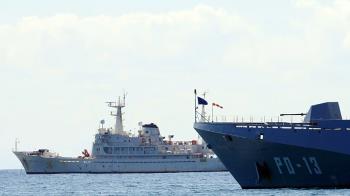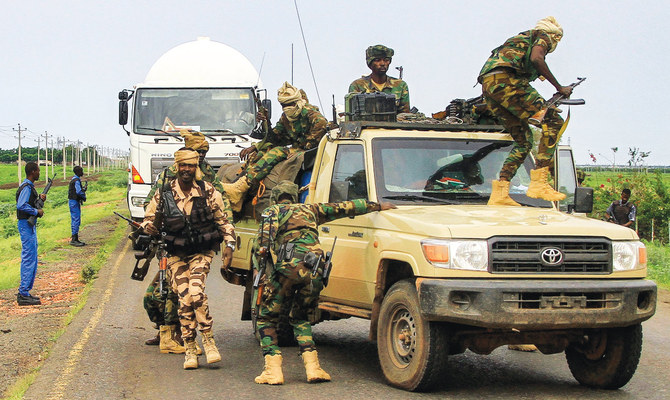Alwaght- The civil war in Sudan between the army forces and the rebel groups calling themselves the Rapid Support Forces (RSF) has now reached a decisive point. Despite the initial advances of the RSF led by Abdel Rahim Dagalo ( known as Hemedti by his nom de guerre), the situation is now not going in their favor. After two years of fierce fighting in Sudan, the country is now witnessing one of the worst humanitarian crises of the world. The infrastructures have roughly collapsed and famine crisis amid the raging battles has led to the death of at least 150,000 Sudanese. Also, it is said that nearly 15 million people have been displaced at home and abroad.
Who has the upper hand?
Over the past few months, the war in this North African county has seen a turn in favor of the army which has managed to regain vital regions including the capital Khartoum. A strategic studies center in Cairo in a report has brought to the spotlight Sudan's conditions, according to which we can divide the areas under the control of the two sides.
Areas controlled by the army: The army has taken control of the Red Sea coast, the states of Al-Qadarif, Kassala, as well as the states of the Nile River, North and Blue Nile by March. It has also managed to establish full control over the capital, Khartoum, and has managed to expel the RSF militants from their last base in the Al-Salihiya area southwest of Omdurman, which was considered a strategic location for the militia. The states of Sennar and Al Jazirah are also among the areas under the control of the Sudanese army.
Areas under control of the RSF militias: Despite their retreat and heavy casualties, the RSF hold strategically important South, West, Central, and East Darfur and the capital city of Darfur, Al Fashir. South Kordofan, especially its Al- Quz and Al-Debaybat, are also under RSF control.
Challenges of the rebel militias
The RSF are facing various military, logistics, security, and political challenges:
Military challenges: They are facing considerable military challenges as the opposite side uses air power and armored vehicles. The RSF heavily depend on the infantry and the airstrikes have inflicted heavy damages on their arms storages and logistics.
Security challenges: The RSF militias are ripped by internal tensions that erode their cohesion. Competition between ambitious leaders has gradually emerged and the rise of rival factions inside the force has undermined their influence among the tribes, specifically Darfur.
Economic challenges: Militants also rely heavily on informal sources of funding, such as gold and fuel smuggling and taxes on illegal crossings. These sources are unstable and prone to collapse at any moment. On the other hand, local leaders no longer listen to the RSF leader.
Popular and social challenges: the RSF militias have faced widespread popular rejection in central and eastern Sudan. These regions have also witnessed protests against them in the past few months. According to UN reports, looting, killings, and rape have eroded the social legitimacy of this rebel force.
Where is Sudan heading?
Given the complexities of Sudan crisis and the multiplicity of parties involved, possible scenarios range from a gradual military settlement in favor of the army led by Abdel Fattah al-Burhan to a consolidation of the geographical division due to the deployment of RSF in Darfur to a political settlement foisted on the warring sides by external pressure. All of these paths depend on the balance of power, international support, and the will of the local parties to end the conflict.
First scenario: Slow collapse of RSF: Should the regular armed forces press ahead with their advances, backed by military and logistical superiority and regional support, and in the absence of sufficient external support to the RSF, they are expected to tighten their grip on rest of the country. The army is rapidly advancing west, while the RSF influence in vital urban areas is shrinking amid internal division.
Second Scenario: Geographical division: The RSF may push to tighten their grip on Darfur which is their stronghold and impose on the opposite side a new geographical reality in the form of unofficial autonomy. Any halt of the army push may grant the rebels the opportunity to establish their position and allow Sudan partition to scenario to materialize.
Third scenario: Political settlement brokered by foreign powers: It is also possible that regional and international powers like the UN, the African Union, and others impose a political settlement on the warring parties which include integration of the RSF into government structures in return for their disarmament. This scenario takes months of mediation and pressure and can include such conditions as ceasefire, retreat from limited regions, legal guarantees to the militant leaders, or limited fundamental role in the transitional period. Success of this scenario is not that likely given the conflicting interests of foreign actors.



























